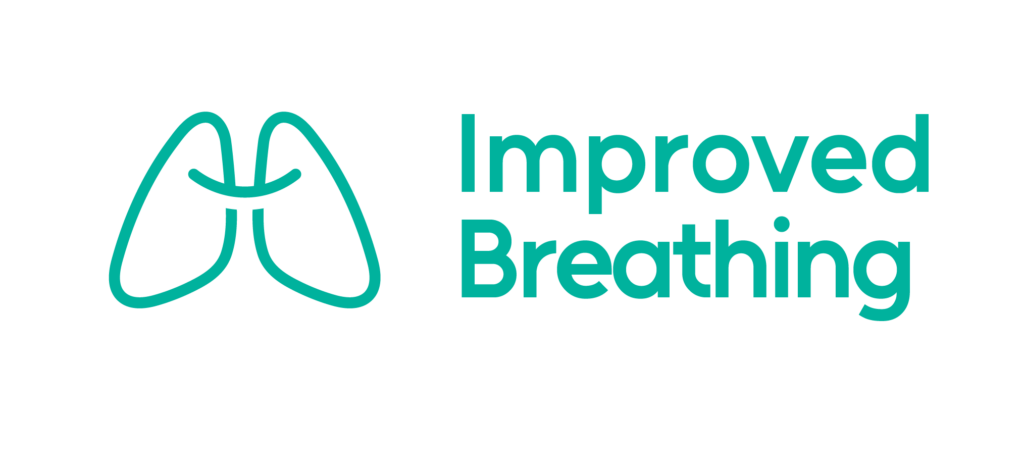For those living with chronic lung conditions like COPD and Emphysema, managing mucus production and maintaining lung health are crucial priorities. While medication and lifestyle changes are essential, certain vitamins and supplements can also play a supportive role in nourishing the lungs and helping manage mucus. In this post, we’ll explore some of the top options to consider.
1. N-Acetyl Cysteine (NAC): NAC is a powerful antioxidant that helps break down mucus, making it easier to expel from the lungs. It also supports the production of glutathione, another important antioxidant that protects lung tissue from damage. Studies have shown that NAC supplementation can improve lung function and reduce exacerbations in people with COPD.
2. Vitamin D: Vitamin D plays a crucial role in immune function and lung health. Low levels of vitamin D have been linked to an increased risk of respiratory infections and worse outcomes in COPD. Supplementing with vitamin D, especially if you have a deficiency, may help reduce inflammation in the lungs and support overall respiratory health.
3. Omega-3 Fatty Acids: Omega-3s, found in fish oil and algae oil supplements, have anti-inflammatory properties that can benefit lung health. Some research suggests that omega-3 supplementation may help improve lung function and reduce inflammation in people with COPD.
4. Magnesium: Magnesium helps relax the smooth muscles in the airways, which can make breathing easier. It also has anti-inflammatory effects. Magnesium deficiency is common in people with COPD, so supplementation may be beneficial for lung function.
5. Vitamin C: As a potent antioxidant, vitamin C helps protect the lungs from oxidative stress and inflammation. It also supports immune function. Some studies have found that higher vitamin C intake is associated with better lung function in people with COPD.
6. Zinc: Zinc supports immune health and has anti-inflammatory properties. It may help reduce the risk of respiratory infections, which can be especially problematic for people with chronic lung conditions. Supplementing with zinc may be beneficial, particularly if you have a deficiency
Final Words
While vitamins and supplements can offer lung support, it’s crucial to talk with your healthcare provider before starting any new supplement regimen. Some supplements may interact with medications or have side effects.
Your doctor can help you determine which options are safe and appropriate for your individual needs. Remember, supplements should be used in conjunction with, not as a replacement for, prescribed treatments and healthy lifestyle practices for managing lung conditions and mucus problems.














